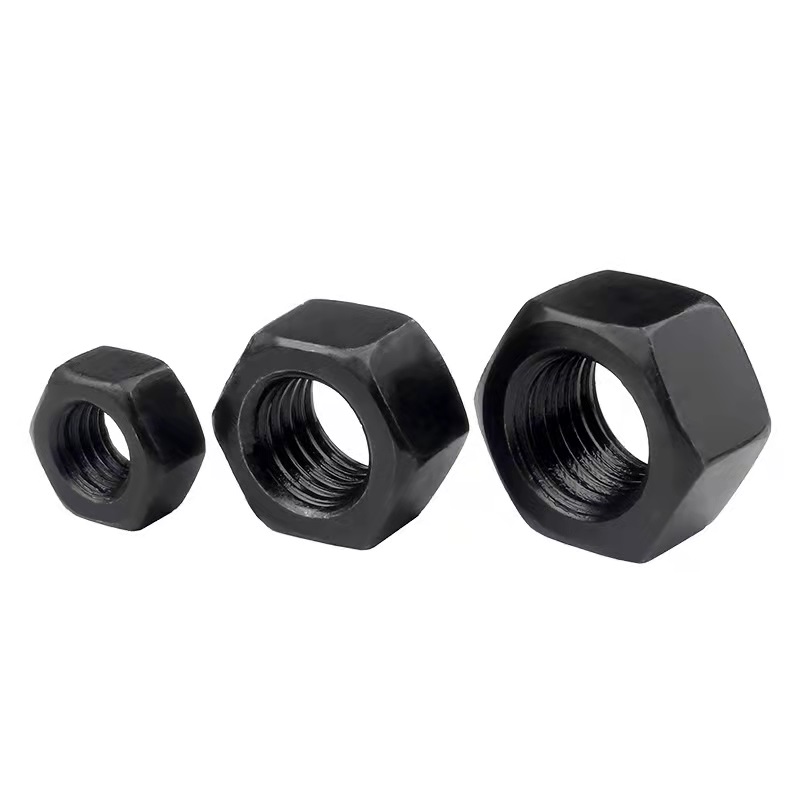oem ce certification din938 stud bolt
Sep . 13, 2024 13:56 Back to list
oem ce certification din938 stud bolt
Understanding OEM CE Certification for DIN 938 Stud Bolts
In the manufacturing and engineering sectors, fasteners play a pivotal role in joining components securely. Among various fasteners, DIN 938 stud bolts are particularly noteworthy. Understanding the significance of OEM (Original Equipment Manufacturer) and CE (Conformité Européenne) certifications for these fasteners is essential for quality assurance and compliance with industry standards.
What are DIN 938 Stud Bolts?
DIN 938 refers to a specific standard for threaded rods, commonly known as stud bolts. These fasteners are characterized by their double-headed design, making them versatile for applications requiring multiple components to be fastened in place. Stud bolts typically come with a range of lengths and diameters, allowing them to be tailored to specific engineering demands, especially in industries such as construction, automotive, and aerospace.
Importance of OEM Certification
OEM certification signifies that the manufacturer produces components that fulfill the design specifications set forth by another company, often a larger entity that requires precise compliance in their supply chain. When it comes to DIN 938 stud bolts, OEM certification ensures that the manufacturer can meet specified quality standards, materials compliance, and design requirements mandated by the OEM.
This certification is a mark of reliability, reassuring end-users that the stud bolts have been produced under stringent quality control processes. For industries where safety is paramount, such as aerospace and automotive, the use of OEM-certified components is crucial to avoid potential failures that could arise from substandard parts.
The Role of CE Certification
oem ce certification din938 stud bolt

CE certification, on the other hand, is a European Union standard that indicates a product's compliance with health, safety, and environmental protection standards. For DIN 938 stud bolts, obtaining CE certification ensures that these fasteners meet the EU's rigorous safety requirements, which is particularly important for companies operating in the European market.
Having CE certification not only facilitates smoother access to EU markets but also instills confidence among clients regarding the safety and quality of the product. It often serves as a differentiator in a competitive marketplace where the demand for high-quality, compliant fasteners is growing.
The Intersection of OEM and CE Certifications
When a manufacturer holds both OEM and CE certifications for their DIN 938 stud bolts, it significantly enhances their credibility in the market. OEM certification verifies that the manufacturer adheres to the specifications laid out by the OEMs, while CE certification assures that the product complies with European safety directives.
This dual certification approach allows manufacturers not only to expand their market reach across Europe but also to cater to clients seeking reliable and safe fastener solutions. As industries continue to prioritize quality and safety, the demand for certified products will only increase.
Conclusion
In summary, the significance of OEM and CE certifications for DIN 938 stud bolts cannot be overstated. These certifications not only ensure compliance with industry standards and regulations but also promote customer confidence in the product's safety and reliability. For manufacturers, investing in obtaining these certifications is a strategic step toward enhancing their market presence and meeting the evolving needs of their clients. As the landscape of manufacturing continues to evolve, adhering to such standards becomes paramount for success in a competitive marketplace.
Latest news
-
Premium Phosphated Drywall Screws Supplier | Durable, Rust-Resistant
NewsAug.27,2025
-
Reliable Wire Bolts Suppliers | Quality Zinc Plated Fasteners
NewsAug.26,2025
-
Wire Bolts Suppliers: Durable & Reliable Fasteners for Every Project
NewsAug.25,2025
-
Premium Cabinet Bolts Supplier | Wholesale & Custom Solutions
NewsAug.24,2025
-
Reliable Axle Nuts Supplier | Quality & Precision Fasteners
NewsAug.23,2025
-
Durable Bolts for Lawn Mower Handle - Top Supplier & Manufacturer
NewsAug.22,2025
